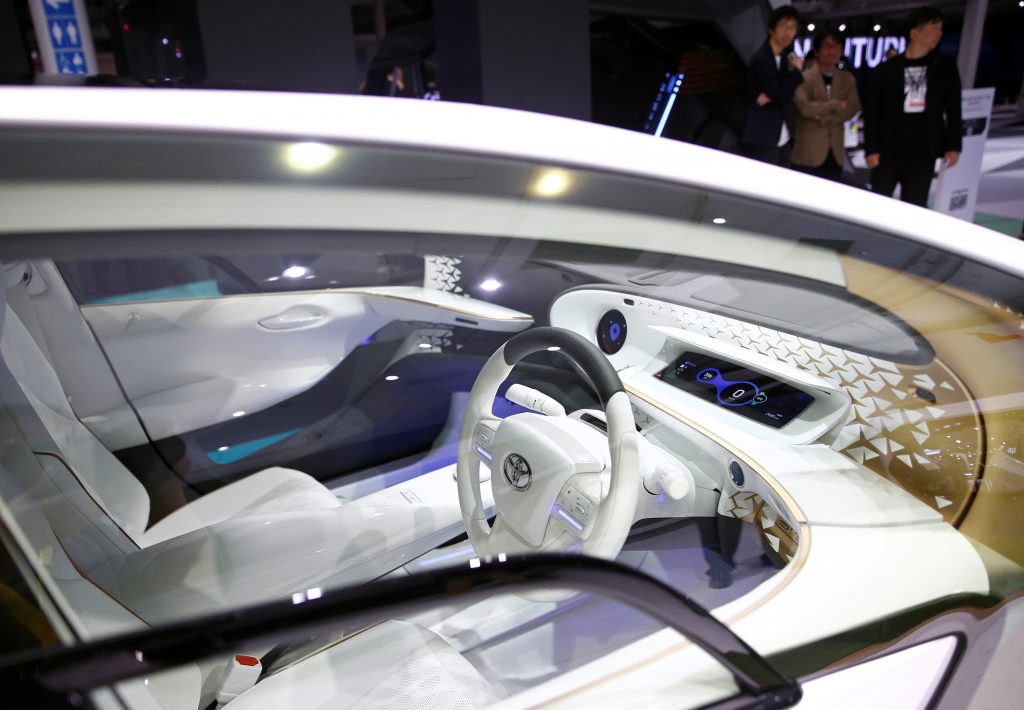
Perhaps the most famous opponents
of technological progress were the rebellious Luddites, early 19th century
smashers of textile machinery in Nottingham, England. Less well known is the
1907 revolt of the New York City gas lamplighters. On April 23rd of that year,
some 600 of these city employees went on strike to protest the arrival of
electric streetlights that required no more skill than flipping a switch and
were eventually operated en masse from substations. Simplification
leading to automation.
That work stoppage meant most of Gotham’s’ 25,000 gas lights — the Big Apple nickname was still more than a decade away — went unlit. Economist Carl Benedikt Frey writes in The Technology Trap that “lamplighters had become a neighborhood institution alongside the police and postman. … Their profession had existed since the first streetlights were inaugurated in London in 1414, but it was about to become a distant memory.”
The lamplighters are indeed gone, with the final two in New York City holding out until 1927. (Yet even some of them admitted the cost was worth the gain of brighter city.) But the anti-technology impulse continues to manifest. And not just among workers worried that a fancy new machine or bit of software will replace them. Labor market impacts are just some of the concerns of today’s stasists on the left and right.

For example: The nationalist populist authors of the essay “For Real American Greatness, A Tech New Deal” are concerned about how “our digital technology has formed a new social and psychological environment that reshapes our very souls — our perceptions, sensibilities, and our habits of the heart.” And in the democratic socialist Jacobin, the writer of “Against Self-Driving Cars” hates how advocates of self-driving cars are “remarkably oblivious to the developmental imperatives of a landscape characterized by looming climate catastrophe, underinvestment in basic lifesaving science, resource depletion, and yawning inequality.”
So many concerns. So little optimism. So little appreciation for the cost of progress delayed or denied. In “Astronomical Waste: The Opportunity Cost of Delayed Technological Development,” philosopher Nick Bostrom tries to sketch the opportunity cost from delays in space colonization. In a more down to Earth examples, there are controversies over the benefits from genetically engineered crops and nuclear power. (Both are discussed in the recent policy note “How Many Lives Are Lost Due to the Precautionary Principle?” by Adam Thierer.) Or as venture capitalist Scott Kupor recently tweeted, “Just imagine how different the course of modern geopolitical history could have been had the US been energy independent 30 years earlier and how different it may now be going forward.”
But there seems little interest these days in pushing the positives of progress or thinking about opportunity costs of progress delayed. Maybe that’s one reason why we’re less future oriented than we used to be.
The post What are the costs of technological progress delayed or denied? appeared first on American Enterprise Institute – AEI.
